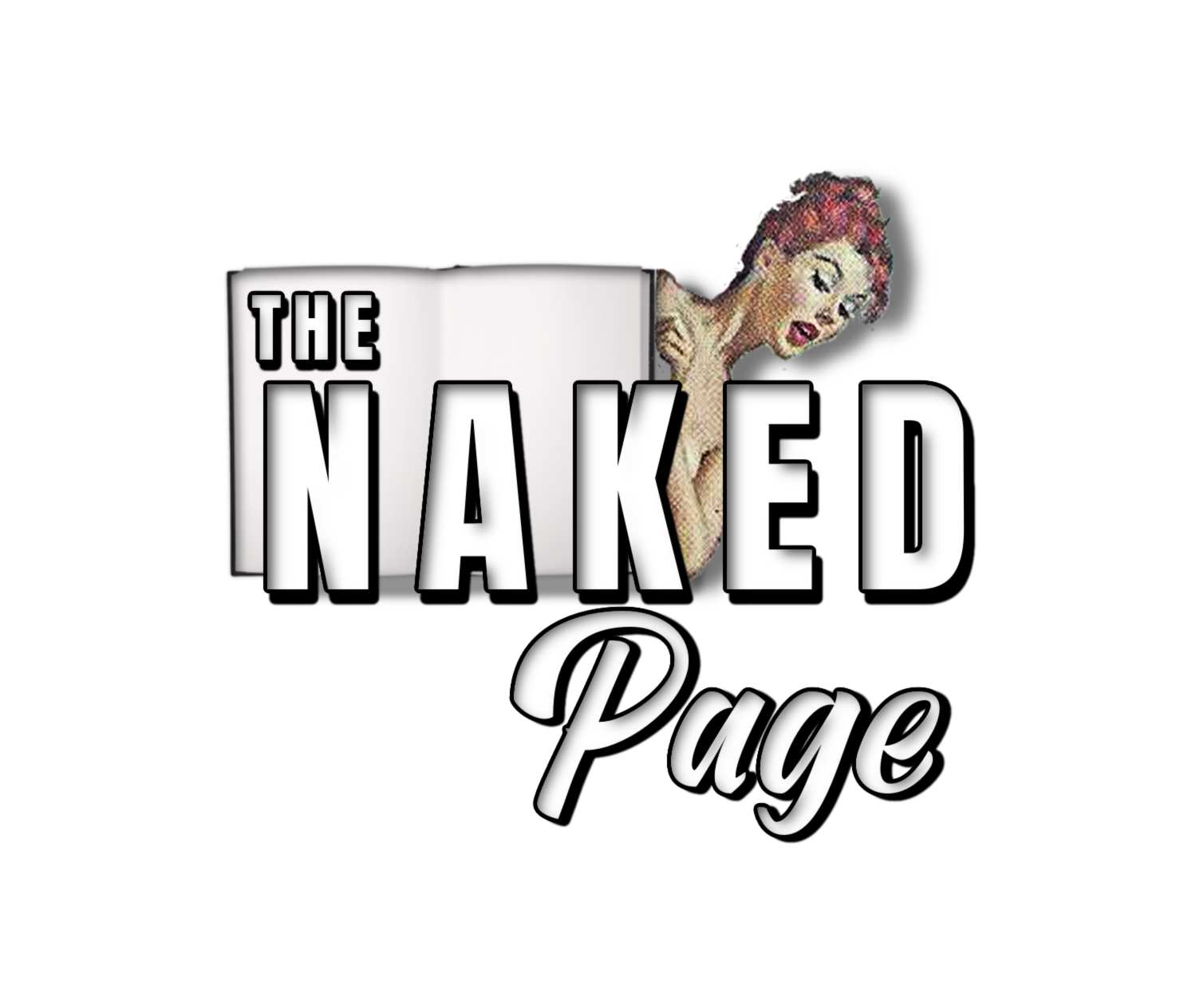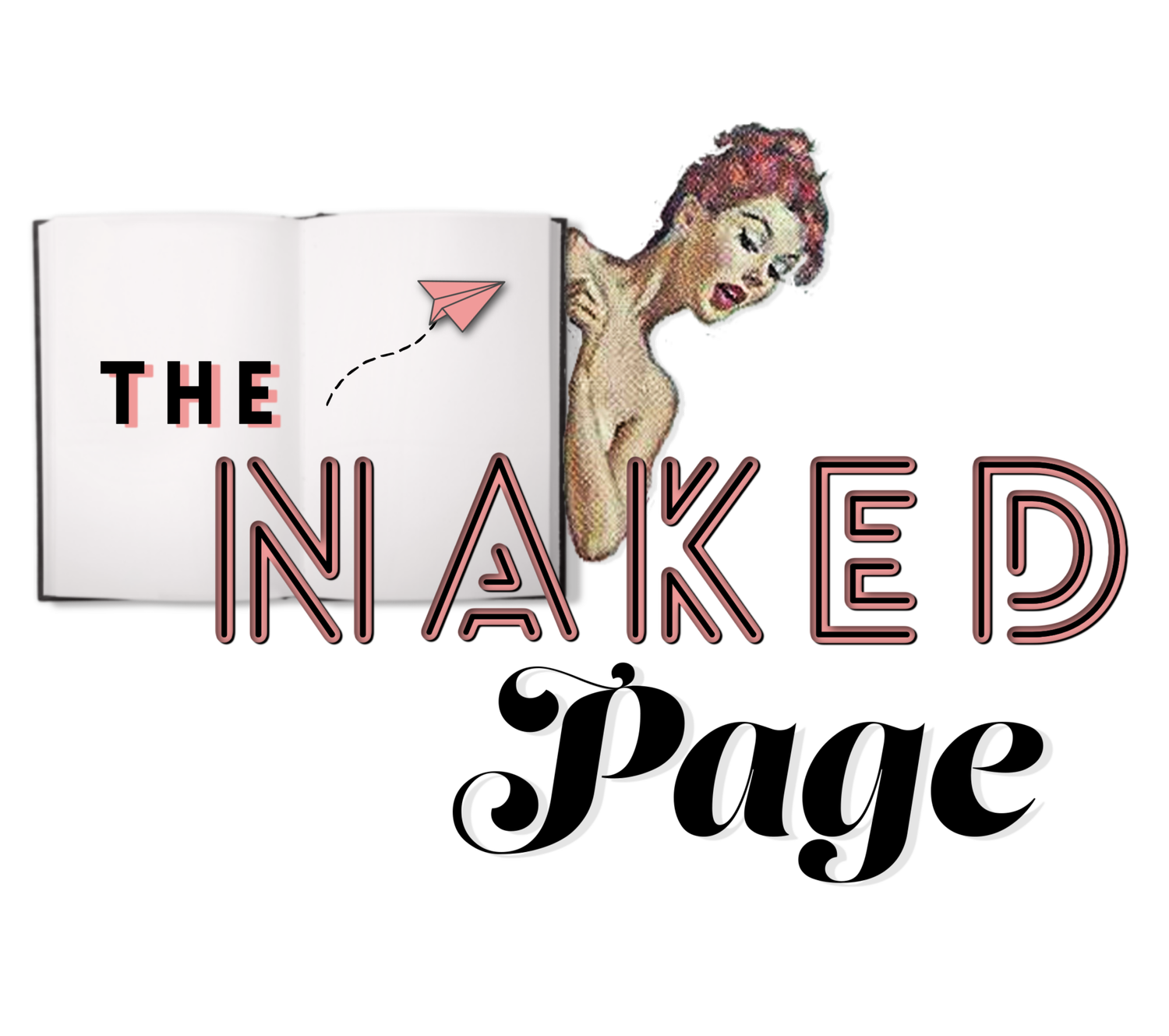
Blog
Blog
Blog
“Il faut cultiver notre jardin,” —Voltaire
For those of us who don’t do fancy French, this means:
“We must cultivate our garden,” says Pangloss at the end of Voltaire’s Candide.
No sentiment could be truer for women who write. Stop focusing on the whole wide world. Instead, maintain a space that is your own and encourages the fruits of your labors to blossom.
But the process of growing our garden requires the right tools. Reading this blog and learning how to revise your own stories could help you cultivate your garden, obtain peace of mind, and establish your writing legacy. Happy reading and writing!
Looking for a specific writing topic? Search the entire blog below.

How to Write About (and Work Through) the Most Hidden Emotion—Humiliation
Writing about your emotions is never easy. But you, Sassy Scribe, are so dedicated to your craft, I bet there are a few feelings you’ve gotten the hang of penning to paper.
But what’s with humiliation?
It rarely gets talked about.
If we do a Pixar Inside Out roll call there’s Joy, Fear, Disgust, Anger, and finally Sadness in the lineup. Nope, no Humiliation there at all.

Who Are You Writing For?
Don’t ask yourself, “what kind of writing is best?” Ask yourself, “what kind of writing is right for me?”
You need a clear understanding of the different types of writing before you know your intended audience or how to produce content for them effectively.
Here are three writing categories that often get confused:
Therapeutic Writing
Creative Writing
Copywriting

Healing vs. Processing: How to Use Your Trauma for Big Transformations
I’m not a doctor. I don’t even play one on TV.
I’m also not a licensed therapist, so none of this should be taken as medical advice. (If you fear that writing about a traumatic event may re-traumatize you, please contact a therapist that can safely guide you through the process.) What I am is a writer—one who has firsthand experience on how the writing process has the power to transform grief and trauma.

